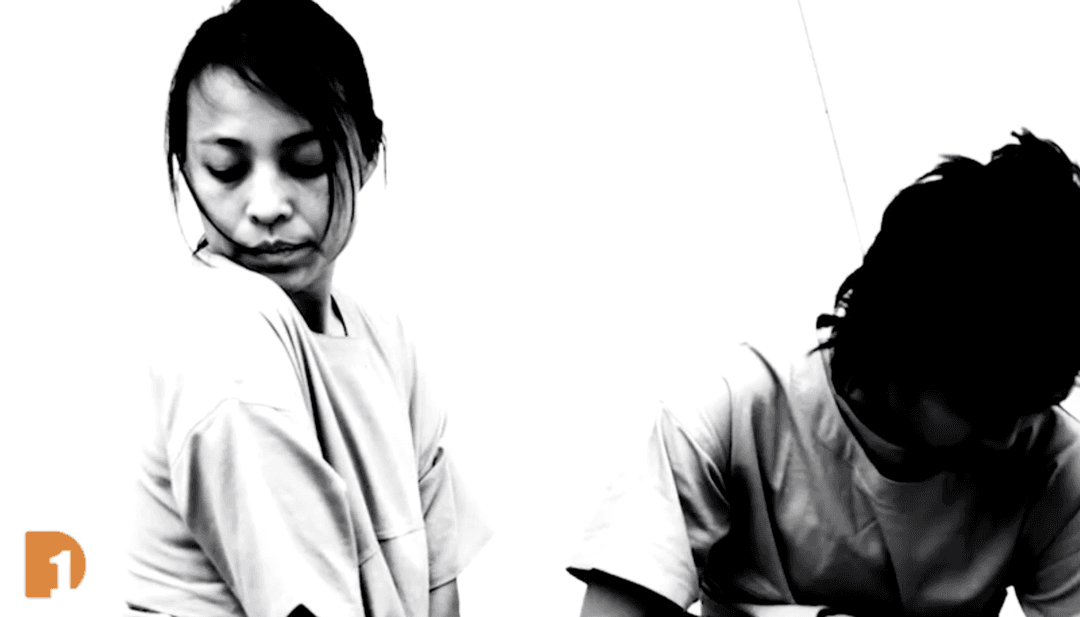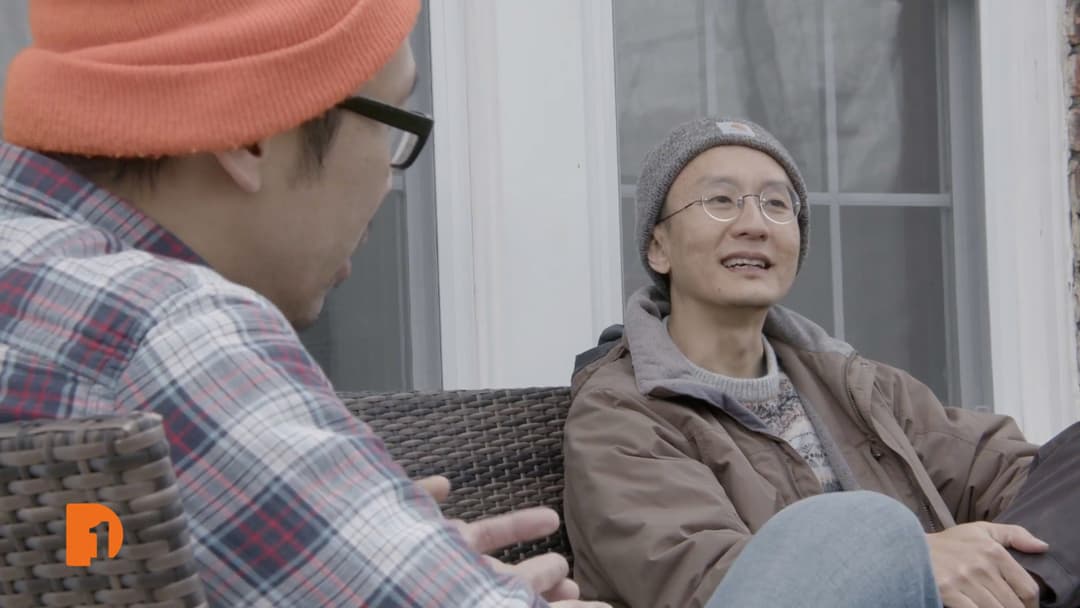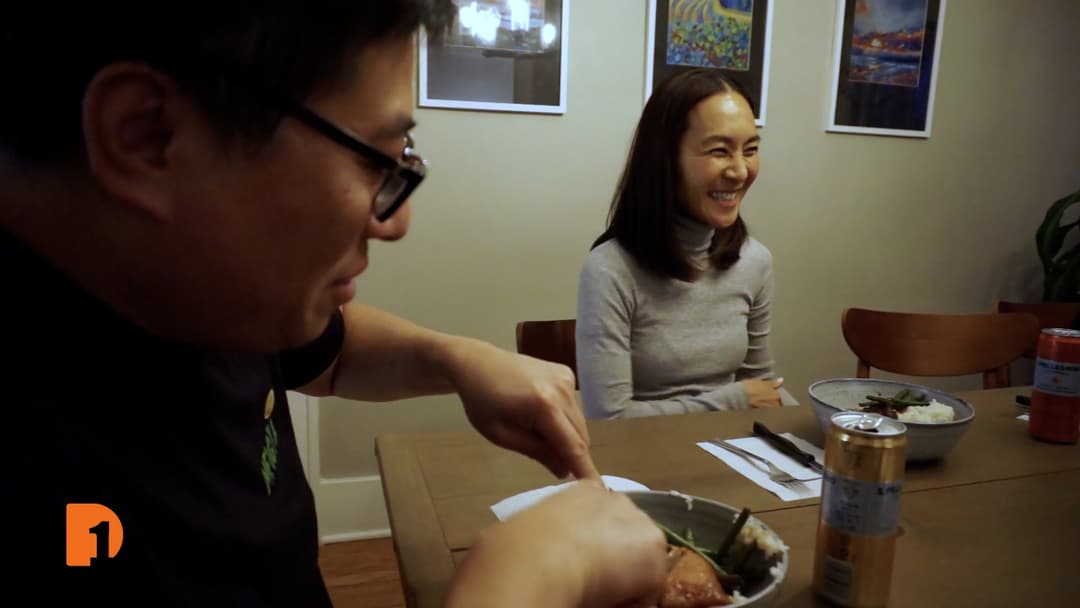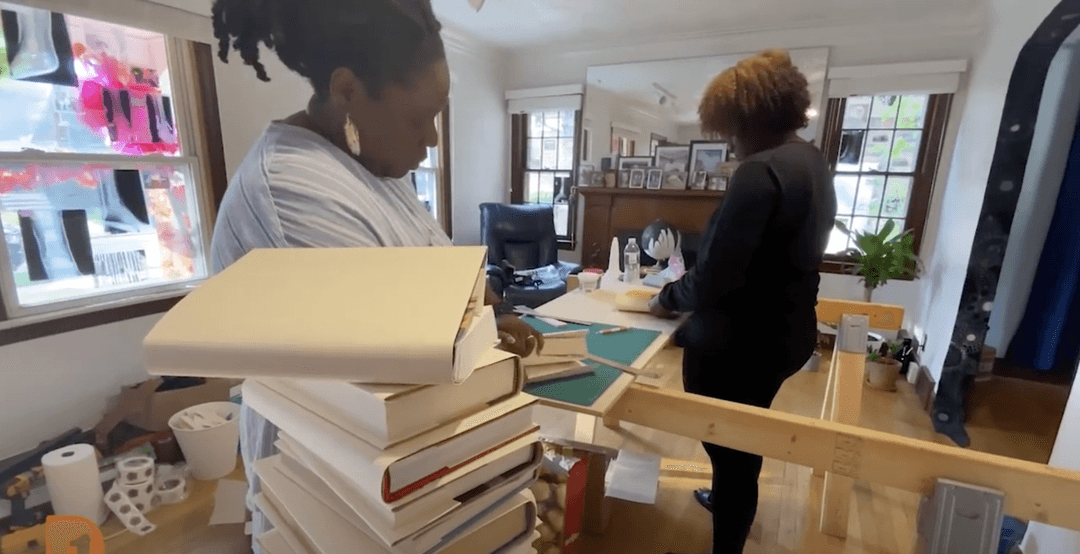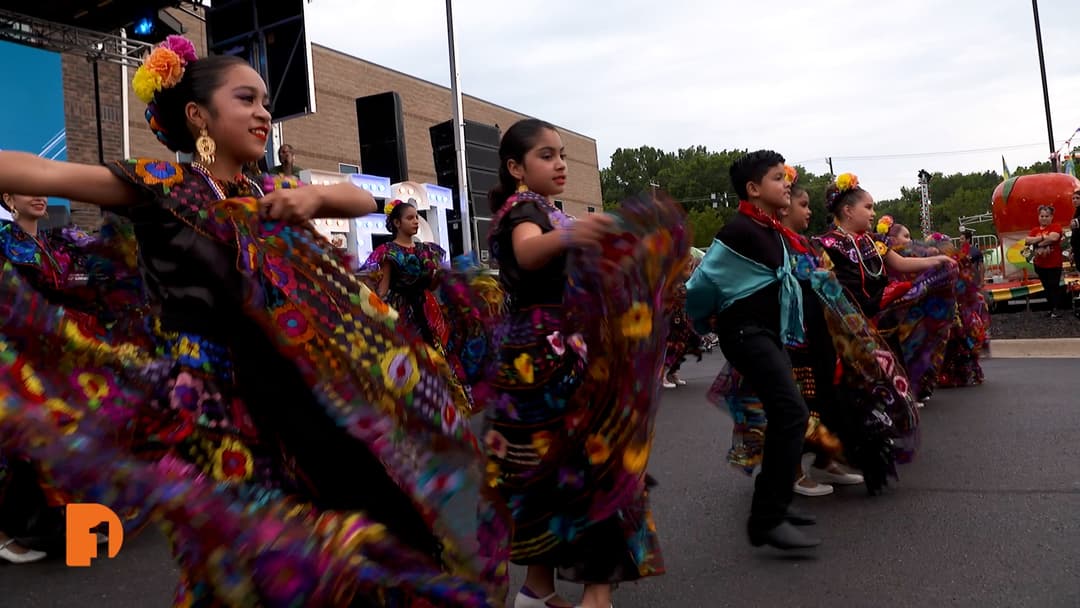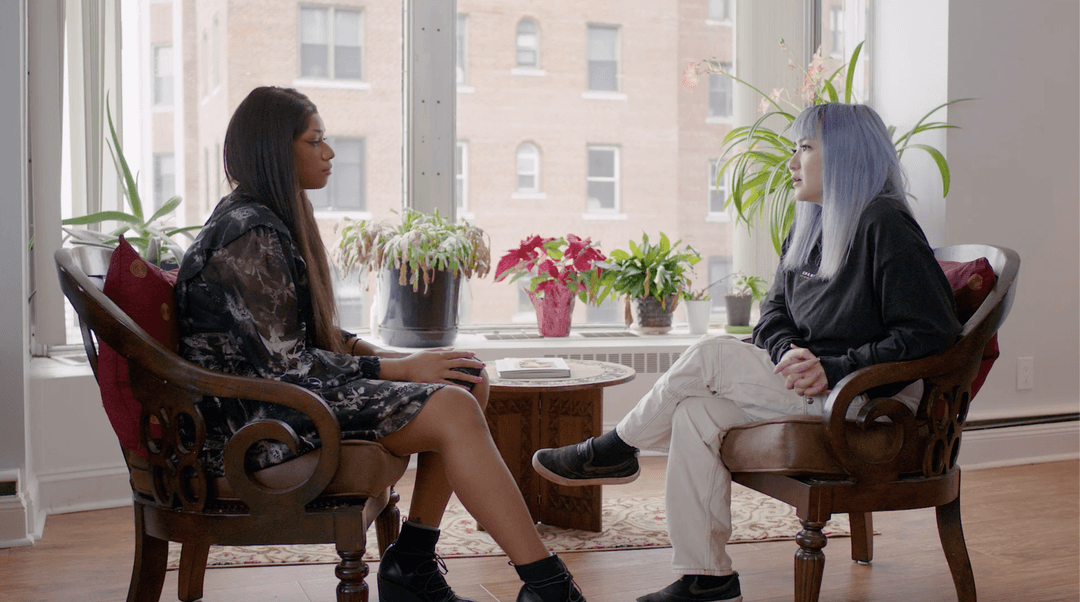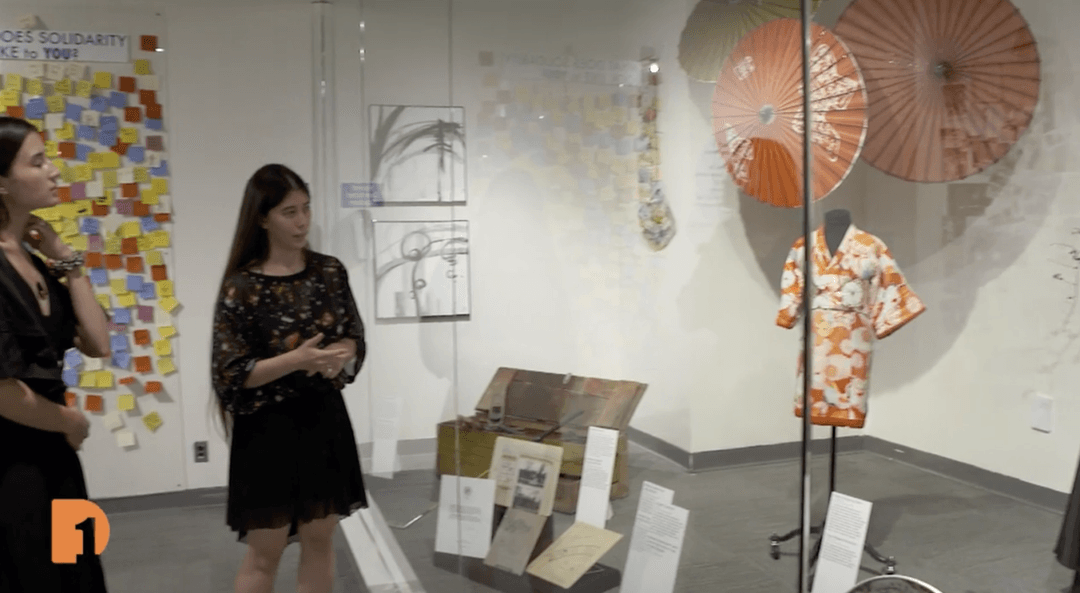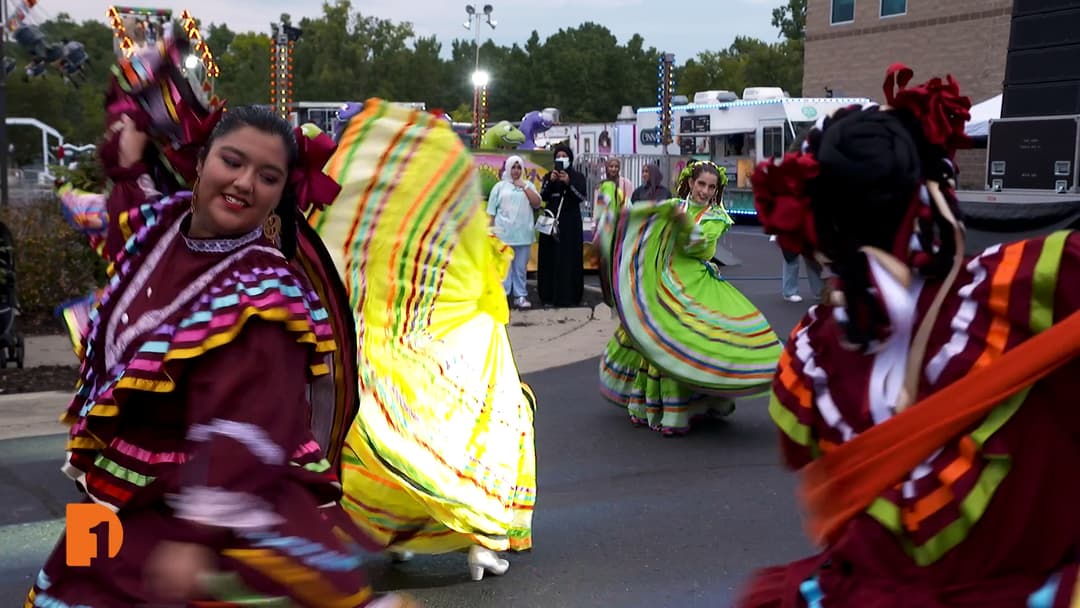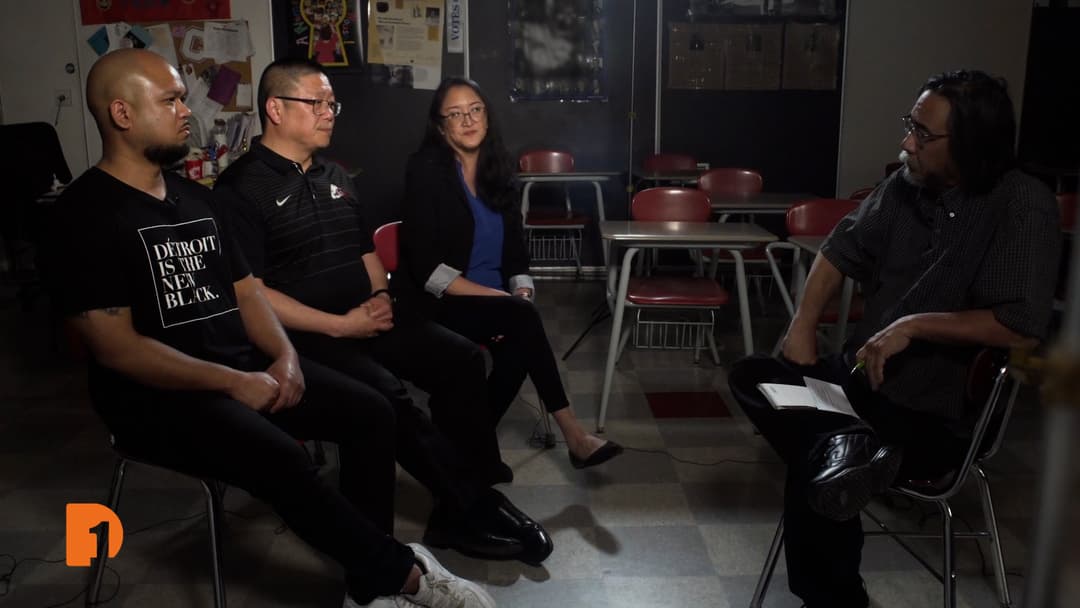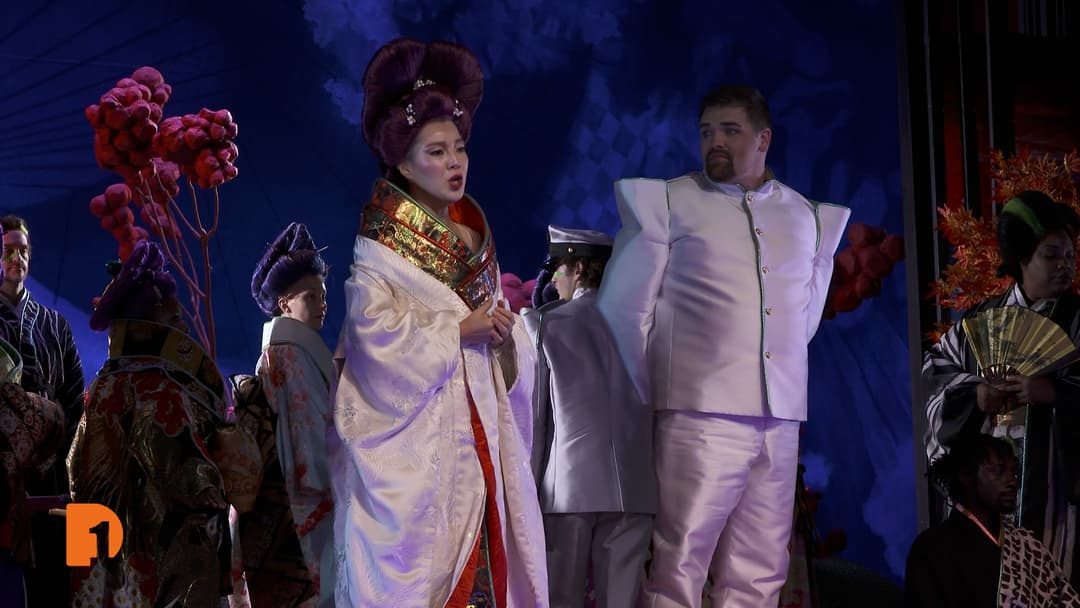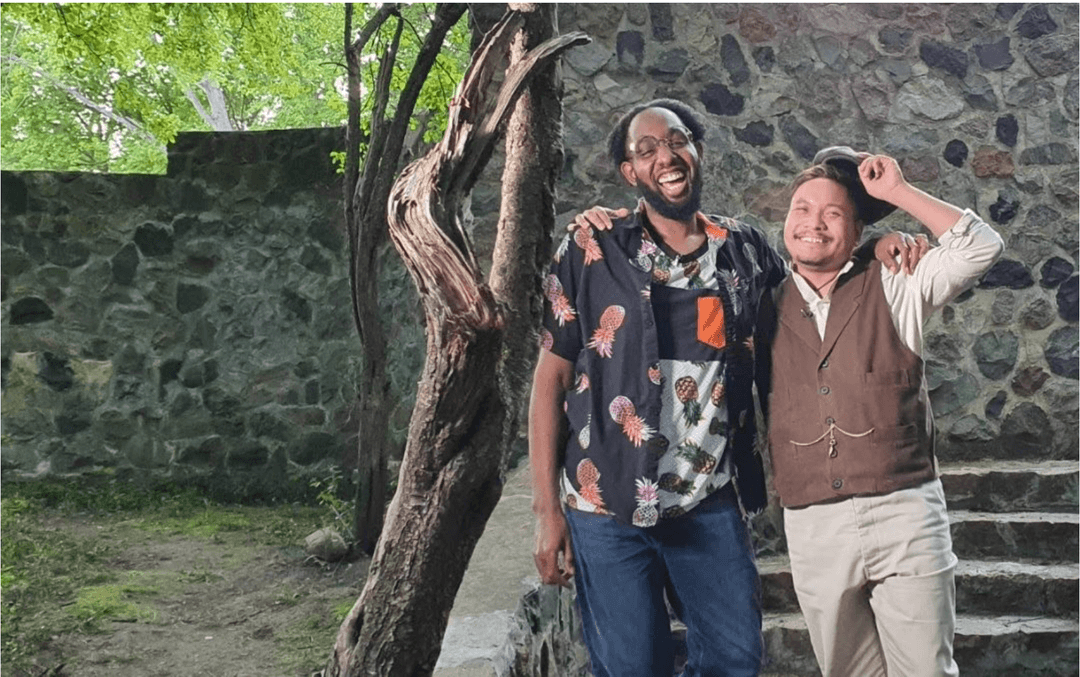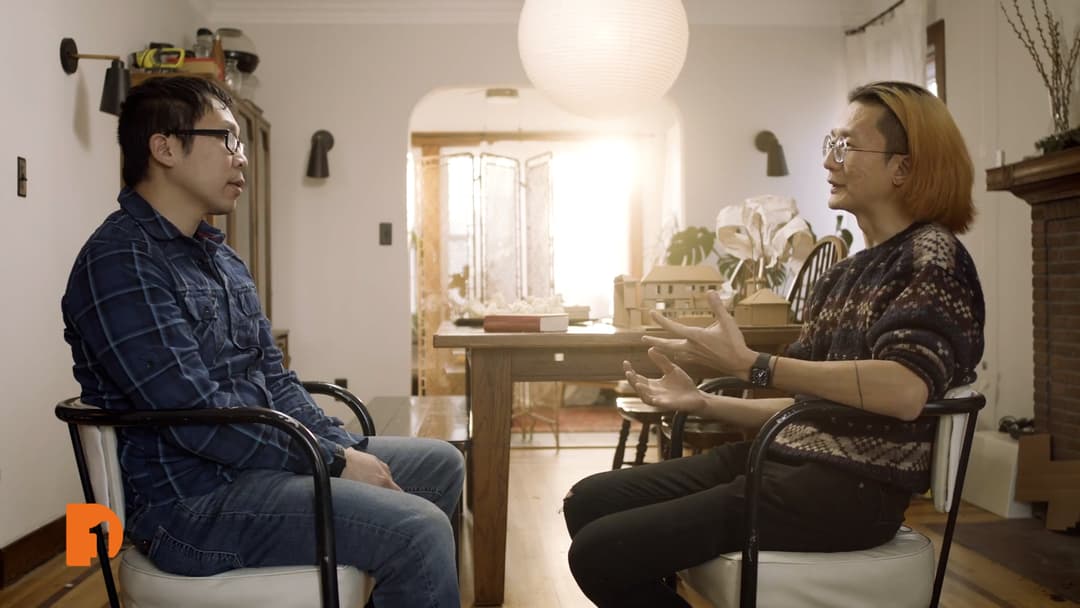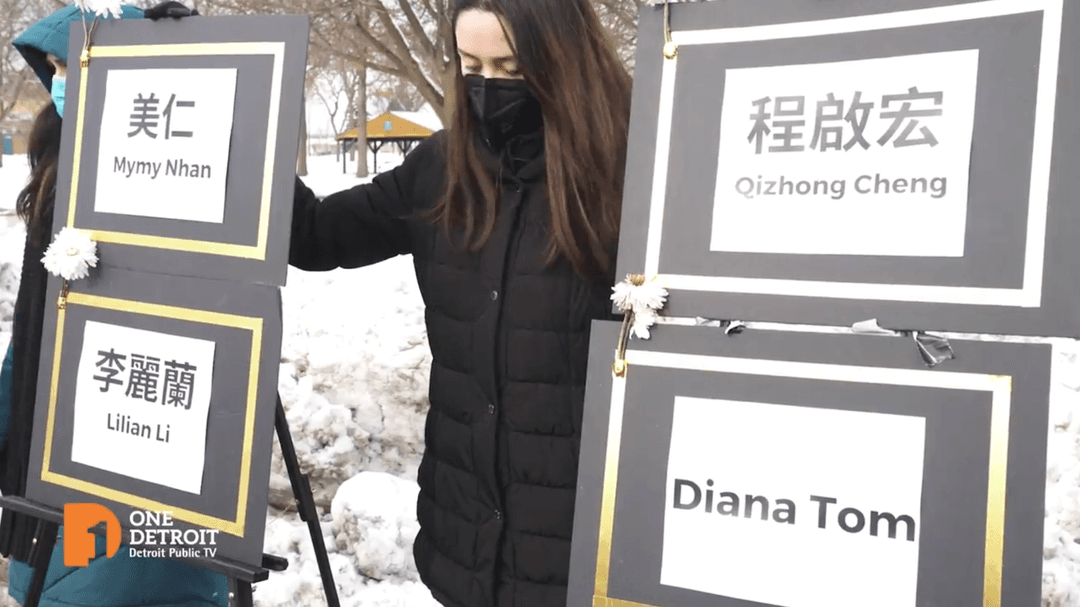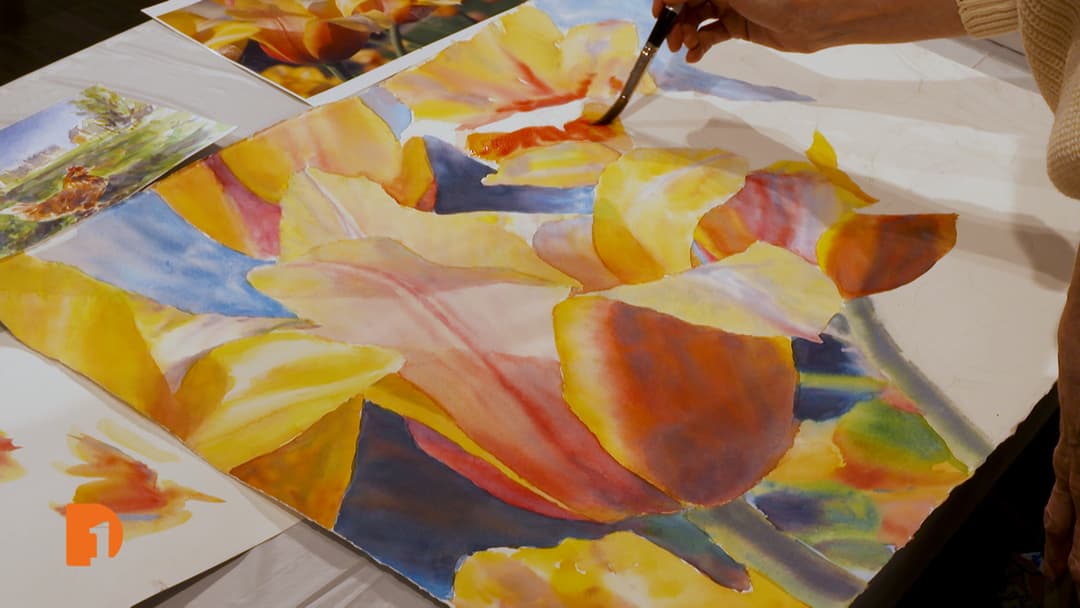Lost Constellations: Exploring the Underrepresentation of the AAPI Community in Art
May 24, 2021
Propelled by the increase of AAPI hate seen across the nation, a new Detroit Institute of Arts project called “Lost Constellations” created by the Asian American Contemporary Performance Art Collaborative puts the AAPI community, particularly women and elders, at the forefront of the conversation. After the fatal mass shootings in Atlanta and Indianapolis, the collaboration of artists wanted to capture the beauty of Asian American women and elders, and speak critically through their art about the society we’re living in.
One Detroit associate producer Will Glover talks to journalist, activist, and poet Frances Kai–Hwa Wang about the poem she wrote to accompany a dance performed by AAPI women for the Lost Constellations project, commissioned by the DIA. Plus, they explore the underrepresentation of the AAPI community in the arts and what can be done to further support it.
Watch Now:
[et_pb_video src=”https://www.youtube.com/watch?v=lQJw_gSlaxM” _builder_version=”4.17.4″ _module_preset=”default” global_colors_info=”{}”]
Full Transcript:
Lost Constellations Sound Bite: Sometimes I feel lost. Lost among the stars, you could trace the constellation of my body.
Frances Kai Wah Wang, Journalist, Poet, Activist: So, “Lost Constellations” is a project by IS/LAND and it’s an Asian-American contemporary performance art collaborative. And so, we have our collective of artists. We have musicians and dancers and poets, that’s me, and other artists and we try to create beautiful and meaningful art. With the rise in anti-Asian American violence across the country.
You know, with the shootings in Atlanta and Indianapolis, the way that Asian-American women are overly targeted or disproportionately targeted for these anti-Asian American hate crimes, as well as elders and Asian women elders, even worse. And so, we wanted to do something that could capture the beauty of Asian-American women and elders and also say something, say something.
Will Glover: Why choose constellations, you know, as the theme? What in particular about that is impactful?
Frances Kai Wah Wang: What I love, what I did with the poem, right, I started with the idea of a lost constellation and the stars and being lost, you know, like you’re right there. That’s the thing with constellations, right? The stars are there, whether you see them or not, they’re there. And so, that’s not the issue, right? The stars are there. And so a lot of times Asian-Americans are not seen, right, in the popular media as well as in society. I mean, but we’re right there and we’ve always been there. Asian-Americans have been in this country since the 1500s.
Will Glover: One of the lines in the poem is, “Coming from one tradition and growing up in another, and choosing to take the best of both to create something new”.
Lost Constellations Sound Bite: Coming from one tradition, growing up in another, and choosing to take the best of both to create something new.
Will Glover: Can you elaborate on that in the context of, you know, exploring interdependence, healing and connecting and the elders and how all that culminate?
Frances Kai Wah Wang: A lot of times when people immigrate, for them, their culture stays frozen in time. You know, as of the year that they immigrated. Because they remember back very fondly, hugely of their country, but at the same time, they’re courageous to take this mad adventure, you know, to go to another country, new language, new culture, right. And we think how many of us, like we grew up here in America, how many of us would go somewhere, like not speaking language, like $150 in our pocket?
It’s hard to do. But then, at the same time, so they’ve made this leap and they bring all these memories and these cultures and these things that they understand. A lot of times in America, there’s a lot of things in America that don’t make sense to an immigrant. I grew up here, so I’m second generation and there’s still a lot of things in the mainstream culture that doesn’t make sense to me. At the same time, parents are raising children in this way. The children are being socialized, not just by the parents in their parent’s original culture, but also by the mainstream culture, the kids on the playground and all that stuff. And so, you’re caught between two generations or two different cultures, and you need to find your way through that in a meaningful way. But some parents really want their children, their daughters especially, to be nice and quiet, right. Because that’s a cultural, actually, that goes across cultures, right.
A lot of people like their daughters to be nice and quiet. And then, at the same time, once they grow up, they want them to be outspoken and to be able to go get, you know, to be a go-getter and get that big marketing job, to get that big corporate job or be a lawyer. But how can you do that if you’ve been socialized your whole life to be nice and quiet? We are a zigzag path of light as we forge new identities and create real lives in this place. Part of this is this mixed message you’re trying to, how do you fit between cultures? And so, a lot of people have to, it’s like code-switching, but culture switch. So, you switch your one way in one culture and you’re another way in another culture. How do you build an authentic life for yourself between these two cultures?
Will Glover: We’re in AAPI month, there has been a lot this month, but overall do you feel that there is ample representation of the AAPI community in the arts?
Frances Kai Wah Wang: No, absolutely not. It’s, there’s a huge underrepresentation of Asian-American artists. And there needs to be more outreach, there needs to be more financial support because this is an important part of our, you know, American history, and our American culture, and our American experience. But sometimes, museums and curators and arts organizations, they don’t necessarily understand that they put the Asian Americans in a box.
Some people, not all, of course, but some people don’t understand the difference between Asian and Asian Americans. That’s the first divide and that’s huge, right. And then, excess economic aspect of it, that if you come from immigrants and refugees, you have a much smaller safety net. And how do you go and be an artist without that big, you know, safety net, without, you know, intergenerational wealth, without a lot of support, it’s a really a big risk to take.
Lost Constellations Sound Bite: To build the Bridge of Magpies, to bring together the beloved community where everyone is welcome, seen, fed, housed, reunited.
Will Glover: Could you tell us where people can go to experience lost constellations and how they can interact with, you know, enjoy the project?
Frances Kai Wah Wang: If you want to find out more about IS/LAND Asian American Contemporary Performance Collaborative, go to our website, it’s Is-land.org. And if you would like to see Lost Constellation, go to YouTube and look up the DIA, Detroit Institute of Arts and Lost Constellation and you should be able to find it.
Stay Connected:
Subscribe to Detroit PBS YouTube Channel & Don’t miss American Black Journal on Tuesday at 7:30 p.m and Sunday at 9:30 a.m. on Detroit PBS, WTVS-Channel 56.
Catch the daily conversations on our website, Facebook, Twitter and Instagram @amblackjournal.
View Past Episodes >
Watch American Black Journal on Tuesday at 7:30 p.m. and Sunday at 9:30 a.m. on Detroit Public TV, WTVS-Channel 56.
Stay Connected
Subscribe to One Detroit’s YouTube Channel and don’t miss One Detroit on Thursdays at 7:30 p.m. and Sundays at 9 a.m. on Detroit PBS, WTVS-Channel 56.
Catch the daily conversations on our website, Facebook, Twitter @OneDetroit_PBS, and Instagram @One.Detroit
Related Posts
Leave a Reply
Your email address will not be published. Required fields are marked*






